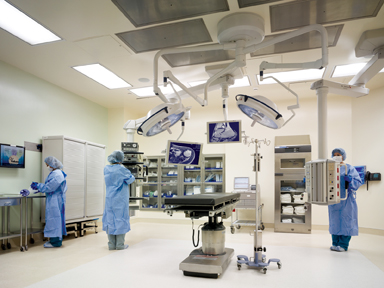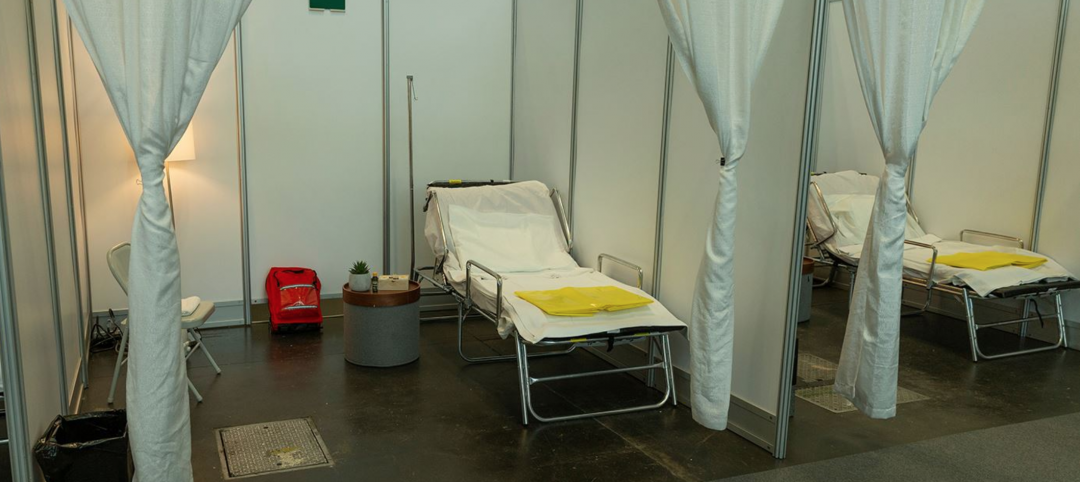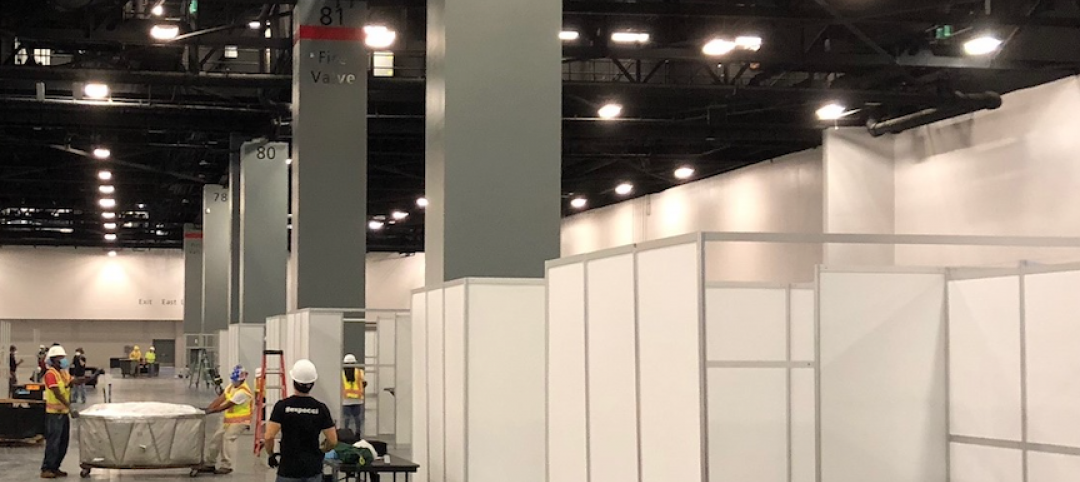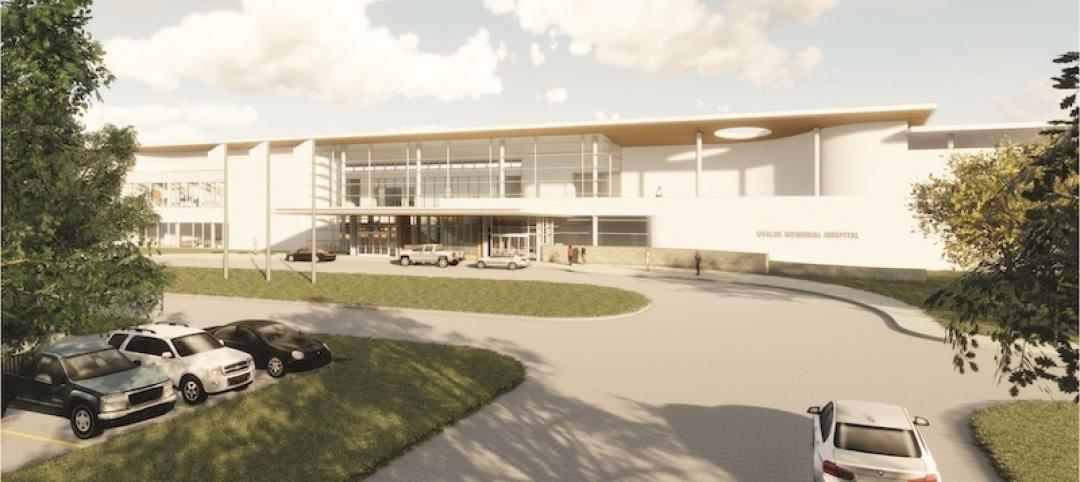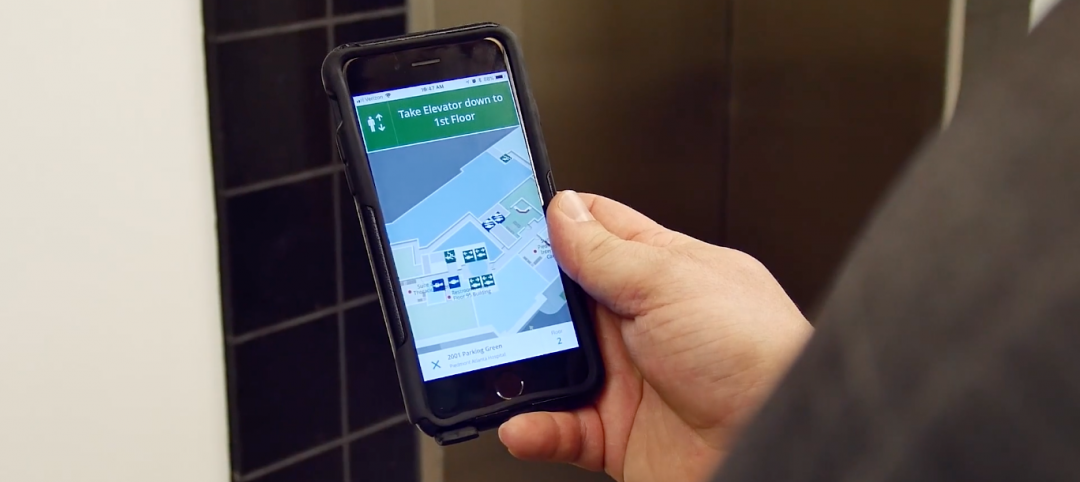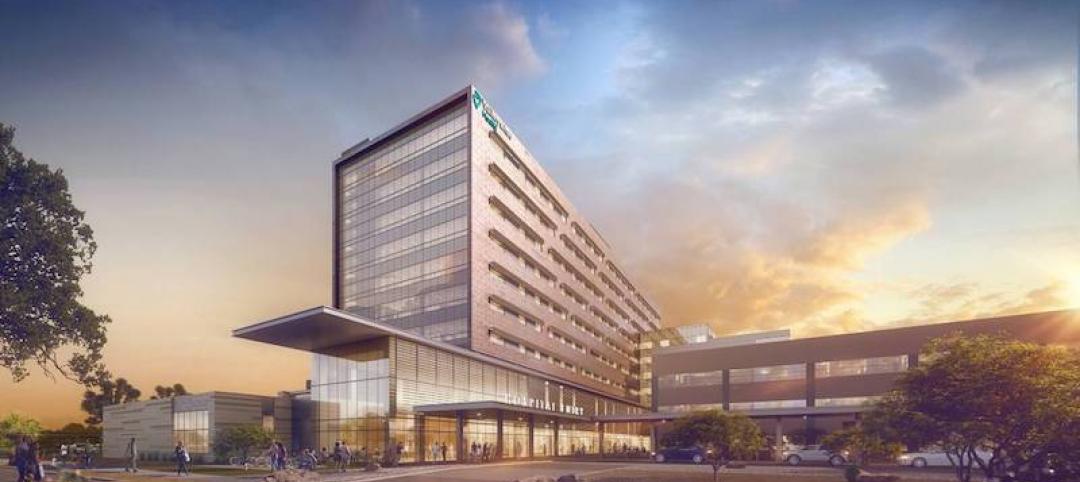The state of healthcare in our nation today is at the brink of significant change, as the passing of healthcare reform impacts everything from how health systems operate to the use of technology in managing and providing care. To help healthcare leaders navigate the increasingly complex environment, DPR Construction (“DPR”), a national technical builder specializing in highly complex and sustainable projects, conducted a year-long study to gather the perspectives of more than 40 CEOs, owners, designers and management consultants. The study found that health economics, healthcare delivery and buildings of the future are three key areas that will become increasingly important to the health industry over the next 10 years.
Using a mix of in-person interviews and online surveys with DPR customers and other leading organizations, DPR’s “Future of Healthcare” study also identified 10 areas of change that will be integral to shaping the industry’s future. These include:
- Accountable Care Organizations
- Pay-for-Performance
- Aging Population
- Electronic Medical Records
- Healthcare Worker Shortage
- Sophisticated Diagnostic and Treatment Equipment
- Handheld Computers and Portable Diagnostic Equipment
- Medical Homes
- Holistic, Patient-Centered Environment
- Evidence-Based Medicine
Health economics
Among study participants, many noted that systems are not fully prepared for the increasing population of aging individuals. When healthcare reform does get fully implemented, 32 million more insured U.S. citizens will skyrocket demand. Both will contribute to an already stressed system, making health economics one of the most critical elements of the industry’s future. While new and upgraded technologies entering the market will put strain on health providers’ and systems’ budgets, being able to deliver health that is patient-centric, centralized and vertically integrated will become increasingly important and help deliver better care while reducing costs.
“We have worked with leading healthcare providers for many years, and we clearly see that 2012 is heading into an unprecedented era in managing health economics. Cash flow is more strained than ever due to continued economic uncertainty and a slow recessionary recovery, making cost cutting a priority for health system executives,” said Hamilton Espinosa, DPR’s National Healthcare Group Leader. “The perspectives of these executives reinforced what we’ve been hearing: providers are seeking to deliver the best care while striving to be cost effective.”
Health delivery
According to the study’s findings, hospitals of the future will only serve acute-care patients. Outpatient facilities will deliver less critical care for less cost, while serving broader regional sites. Detroit-based Beaumont Health System, an 18-year recipient of the “Best Hospitals” ranking by U.S. News & World Report, was one of the study’s participants and discussed the evolution. “The hospital will become just for the highest acuity care. The focus needs to shift to home health, primary care and outpatient care,” said Gene Michalski, CEO of Beaumont Health System.
Additionally, health information technology will remain the backbone of delivery, helping to ensure care is delivered more efficiently to lower overall cost. “We are 20 years behind on IT infrastructure, and IT improvements are taking capital that might otherwise have gone to facilities at this time,” noted study participant John Kemper, CEO of KLMK Group, a leading provider of innovative facility solutions to healthcare owners for more than 25 years.
Buildings of the future
With limited access to capital, many noted that fewer new projects will take place and more renovations will rise, largely driven by the need to meet patient satisfaction standards over the long-term. At the same time, better technology will drive overall innovation in technical construction – meaning buildings of the future will be adaptable, both in terms of patient needs and technology. “As health technologies become more sophisticated and simultaneously require less physical space, server and data center support needs will increase,” said DPR’s Espinosa. “Future building will need to accommodate these trends, with increased emphasis around design and system integration to save on costs.”
Additional operational insights
DPR’s Future of Healthcare study also found that 17% of respondents agreed the formation of Accountable Care Organizations – organizations of healthcare providers who agree to be accountable for the quality, cost and overall care of those enrolled in their program – would have the greatest impact over the next five years, followed by pay-for-performance and the growth of the nation’s aging population (tied at 14 percent). Additionally, growth in implementation of universal platforms of care that offer customizable experiences will also be important, while new kinds of outpatient services will provide many of the medical functions previously confined to the hospital.
For additional study results and findings visit: http://www.dpr.com/assets/docs/the-future-of-healthcare.pdf?/futureofhc. +
Related Stories
Coronavirus | Apr 14, 2020
COVID-19 alert: Missouri’s first Alternate Care Facility ready for coronavirus patients
Missouri’s first Alternate Care Facility ready for coronavirus patients
Coronavirus | Apr 10, 2020
COVID-19: Converting existing hospitals, hotels, convention centers, and other alternate care sites for coronavirus patients
COVID-19: Converting existing unused or underused hospitals, hotels, convention centers, and other alternate care sites for coronavirus patients
Coronavirus | Apr 9, 2020
COVID-19 alert: Robins & Morton to convert Miami Beach Convention Center into a 450-bed field hospital
COVID-19 alert: Robins & Morton to convert Miami Beach Convention Center into a 450-bed field hospital
Coronavirus | Apr 4, 2020
COVID-19: Construction completed on first phase of Chicago's McCormick Place into Alternate Care Facility
Walsh Construction, one of the largest contractors in the city of Chicago and in the United States, is leading the temporary conversion of a portion of the McCormick Place Convention Center into an Alternate Care Facility (ACF) for novel coronavirus patients. Construction on the first 500 beds was completed on April 3.
Coronavirus | Apr 1, 2020
TLC’s Michael Sheerin offers guidance on ventilation in COVID-19 healthcare settings
Ventilation engineering guidance for COVID-19 patient rooms
Healthcare Facilities | Mar 29, 2020
A ‘roadmap’ for building hospitals in rural and underfunded markets
Hoar Construction’s formula emphasizes preconstruction planning and input from healthcare workers.
Healthcare Facilities | Mar 27, 2020
Designing healthcare for surge capacity
We believe that part of the longer-term answer lies not just with traditional health providers, but in the potential of our cities and communities to adapt and change.
Modular Building | Mar 17, 2020
Danish hospital is constructed from 24 steel frame modules
Onsite construction was completed in two weeks.
Healthcare Facilities | Mar 9, 2020
Mobile wayfinding platform helps patients, visitors navigate convoluted health campuses
Gozio Health uses a robot to roam hospital campuses to capture data and create detailed maps of the building spaces and campus.
Healthcare Facilities | Feb 28, 2020
Valleywise Health Medical Center breaks ground in Phoenix
Cuningham Group Architecture and EYP designed the project.


